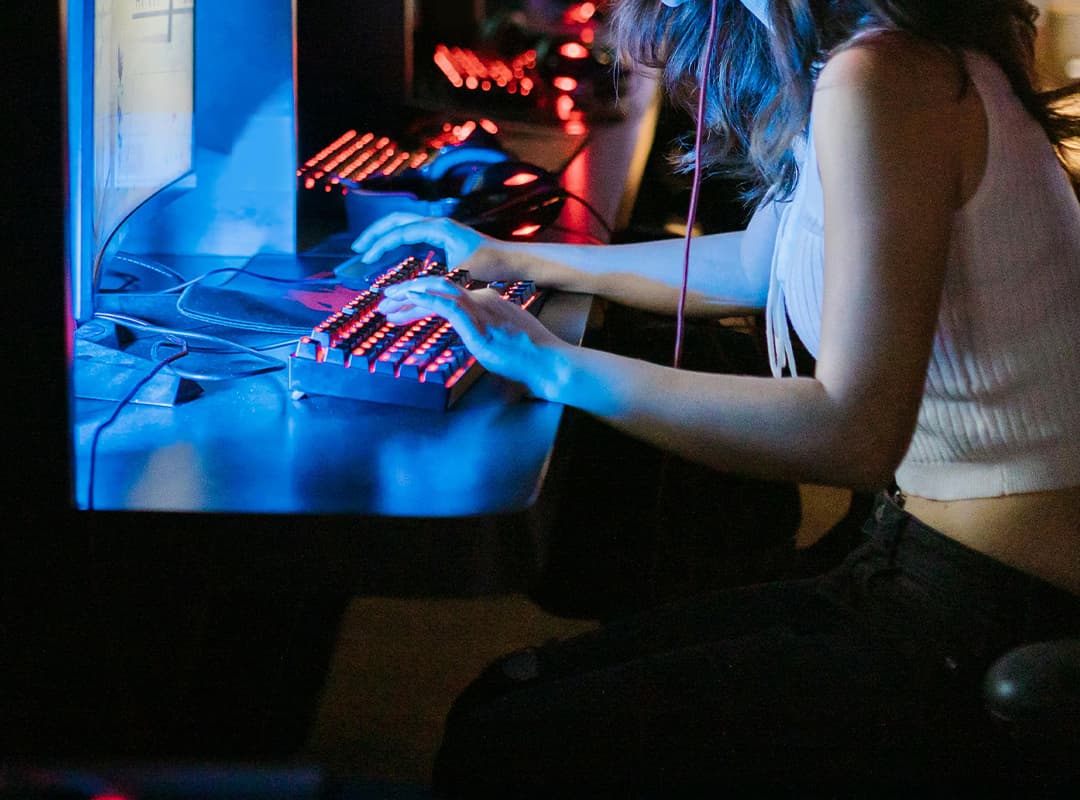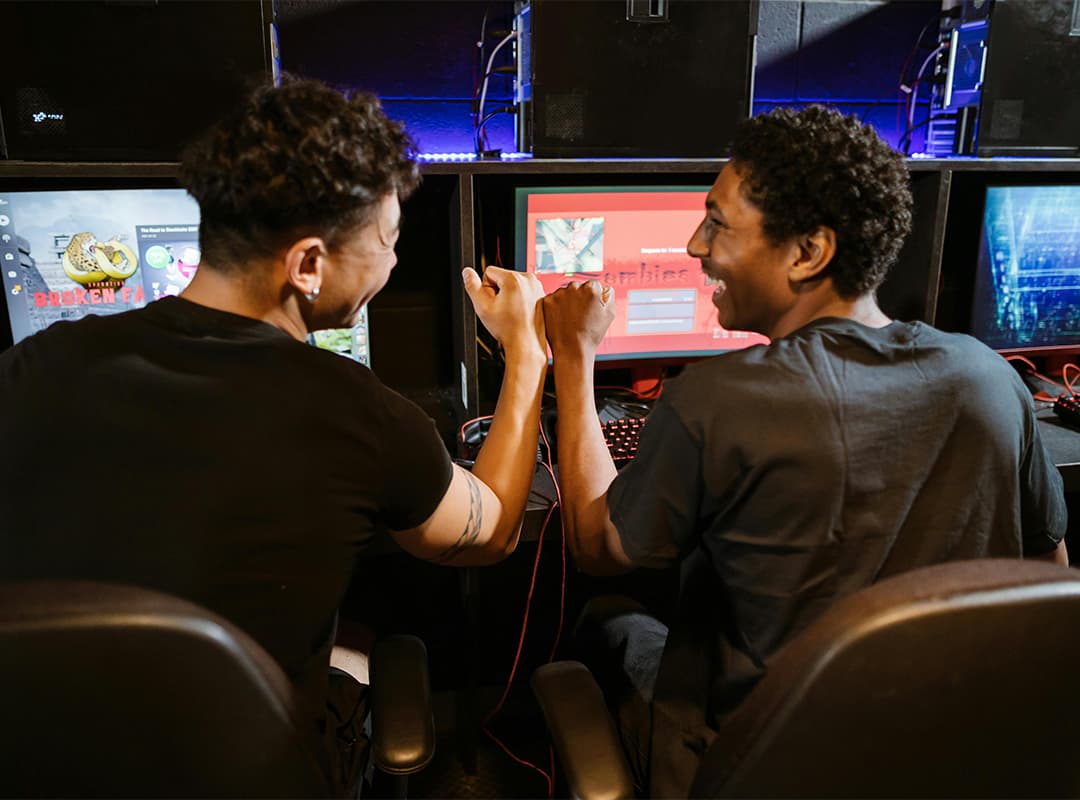The rise of Web3 has introduced a new paradigm in gaming, where smart contracts play a pivotal role. These self-executing contracts, coded with specific conditions and stored on a blockchain, have opened up possibilities for decentralization, transparency, and player ownership in gaming. For developers looking to incorporate smart contracts into their gaming projects, understanding how to start is crucial. This article will guide you through the basics of smart contracts, their benefits in gaming, and how to begin implementing them in your projects.
What Are Smart Contracts?
Smart contracts are programmable agreements that automatically execute when predefined conditions are met. Unlike traditional contracts, they do not require intermediaries, making them more efficient and secure. In the context of gaming, smart contracts can be used for various purposes, such as:
- Ownership of In-Game Assets: Representing in-game items as NFTs, ensuring players have true ownership.
- Game Mechanics: Automating game rules, rewards, and other mechanics.
- Transactions: Facilitating peer-to-peer transactions of in-game assets or currency.
Benefits of Smart Contracts in Gaming
- Decentralization: By running on a blockchain, smart contracts eliminate the need for a central authority, giving players more control and ownership over their assets and data.
- Transparency: The code and transactions are visible to all participants, ensuring transparency and trust in the game’s mechanics and economy.
- Security: Smart contracts reduce the risk of fraud and hacking, as they are immutable and operate on secure blockchain networks.
- Interoperability: In-game assets can be used across multiple games and platforms, enhancing the gaming experience.
Getting Started with Smart Contracts in Gaming
1. Choose a Blockchain Platform
Selecting the right blockchain platform is a critical first step. Popular platforms include:
- Ethereum: Known for its mature ecosystem and extensive support for NFTs.
- Binance Smart Chain (BSC): Offers lower transaction fees and faster processing times.
- Polygon: Provides Layer 2 scaling solutions for Ethereum.
- Solana: Known for high transaction speed and low costs.
Each platform has its advantages and trade-offs, so consider your game’s specific needs, such as transaction speed, cost, and developer support.
2. Learn a Smart Contract Language
The next step is to learn a programming language for writing smart contracts. Some popular languages include:
- Solidity: The most widely used language for Ethereum and other EVM-compatible blockchains.
- Rust: Used for writing contracts on Solana.
- Vyper: An alternative to Solidity with a more Python-like syntax.
For beginners, Solidity is a great starting point due to its widespread use and abundant resources.
3. Set Up Development Tools
To develop and test your smart contracts, you’ll need the right tools:
- IDE: Integrated Development Environments like Remix or Visual Studio Code with Solidity plugins.
- Test Networks: Use testnets like Rinkeby (for Ethereum) to deploy and test your contracts without spending real cryptocurrency.
- Wallets: Digital wallets like neo wallet or MetaMask for managing testnet and mainnet transactions.
4. Design and Develop Smart Contracts
Start by designing your smart contracts. Define the rules and logic for how your game will operate. This includes how in-game assets are created, transferred, and destroyed, as well as how rewards are distributed.
Once you have a clear design, begin coding. Remember to follow best practices for security, such as using well-audited libraries and avoiding common pitfalls like reentrancy attacks.
5. Test and Deploy
Testing is a crucial step. Thoroughly test your smart contracts on a testnet to identify and fix any bugs. Use automated testing frameworks like Truffle or Hardhat to streamline this process.
After testing, deploy your smart contracts on the mainnet. Be sure to follow all necessary steps to ensure a smooth and secure deployment.
6. Integrate with Your Game
Once deployed, integrate the smart contracts with your game’s frontend. This will involve setting up APIs to interact with the blockchain, enabling players to interact with smart contracts through a user-friendly interface.
Incorporating smart contracts into gaming projects can significantly enhance player experience by providing true ownership, transparency, and security. As you embark on this journey, selecting the right blockchain platform, learning the appropriate languages, and using reliable tools like neo wallet are crucial steps. With careful planning and execution, smart contracts can unlock new dimensions of innovation and engagement in the gaming world. Whether you’re a seasoned developer or a newcomer to blockchain, the potential of smart contracts in gaming is vast and exciting.




